You may not see Corning’s name on the products you use every day, but its technologies are likely behind them—from the screen on your smartphone to the vial that held your COVID-19 vaccine.
At a recent event in Dubai, Corning spotlighted its foundational role across global industries and outlined how it’s evolving from a silent partner to an ecosystem enabler.
With a strategic push into emerging markets like the Middle East, India, and Africa, Corning is shifting from a component supplier to an innovation anchor, aiming to localise its impact and co-develop solutions that shape the future of business.
The Power of Being “Invisible”
Corning has quietly powered global industries for over 175 years. While consumers rarely recognise the brand, businesses deeply rely on its materials science expertise. From Gorilla Glass to fiber optics and lab vials, Corning’s technologies form the backbone of modern devices and infrastructure.
“We are always in the first line in the ecosystem of the product or technology, and then it gets developed until you have the final product as a service or as a real product to use.”
This invisibility is by design. Corning’s focus is B2B—serving OEMs, telecom operators, pharma companies, and hyperscale data centers. It’s not about branding; it’s about enabling.
Branding by Accident: The Story of Gorilla Glass
Even when Corning enters the spotlight, it does so with humility. Take Gorilla Glass: the name wasn’t born from a marketing team, but from an internal project moniker meant to convey strength. The name stuck, becoming one of the few consumer-facing Corning innovations to achieve brand recognition.
Shifting from Product Silos to Ecosystem Solutions
Corning is now undergoing a strategic transformation—from operating in distinct business units (automotive, life sciences, electronics) to offering integrated, localised solutions. It aims to be more than a vendor; it wants to be the “anchor store” in emerging regional ecosystems.
This shift reflects Corning’s vision to fuel innovation in data centers, smart infrastructure, AI, and next-generation healthcare by embedding itself in the growth plans of emerging markets.
Going Local: Adaptation as Strategy
Global solutions don’t always fit local needs. That’s why Corning is customising its products and processes for regional climates, regulations, and use cases—from the Nordics to the Middle East.
“Middle East is not importing inventions anymore, it’s creating ecosystems”
Corning is reinforcing its role in enabling telecom and data infrastructure in the Middle East by tailoring manufacturing to local conditions.
Subscribe to our newsletter to get the latest updates and news


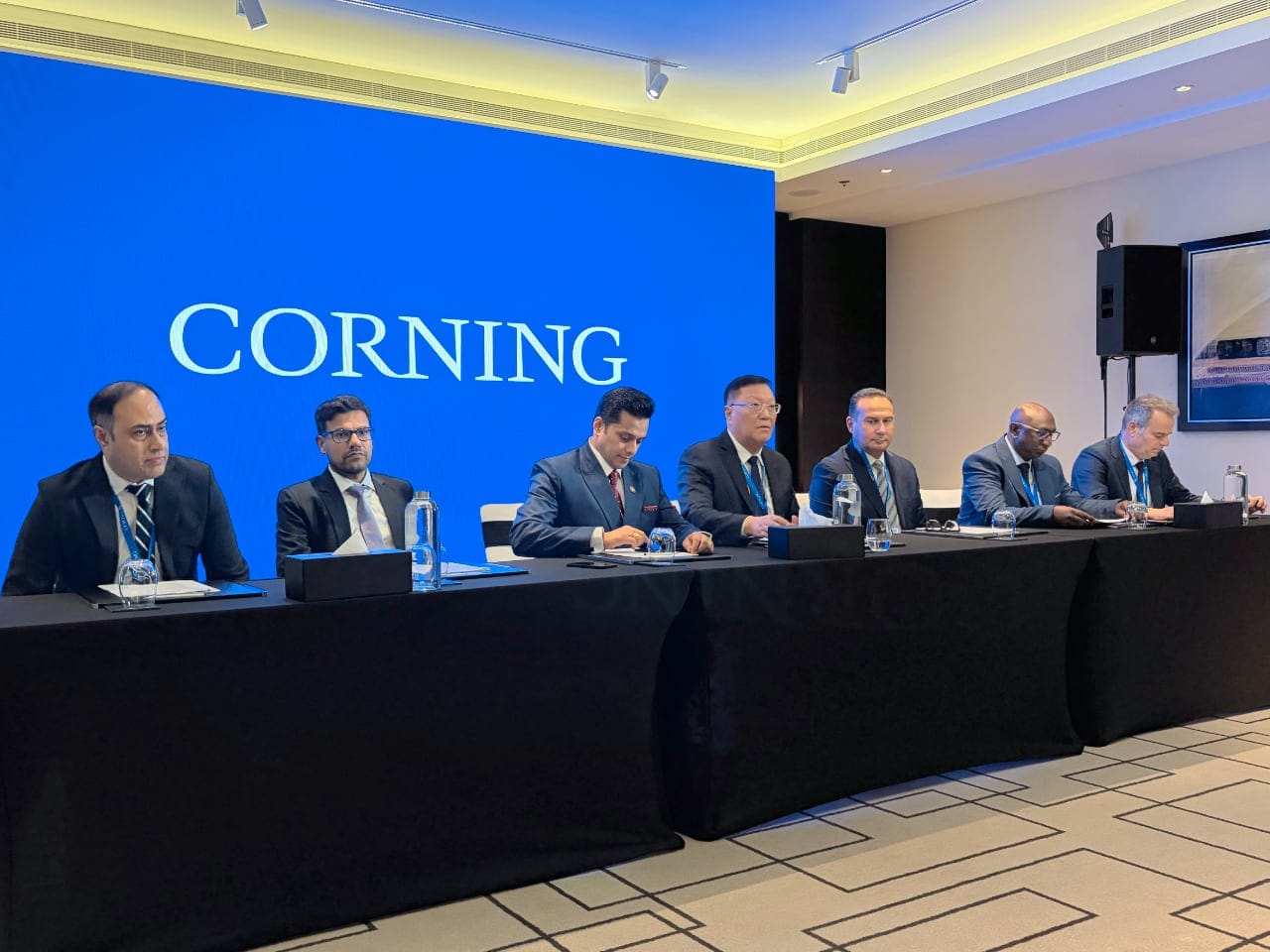

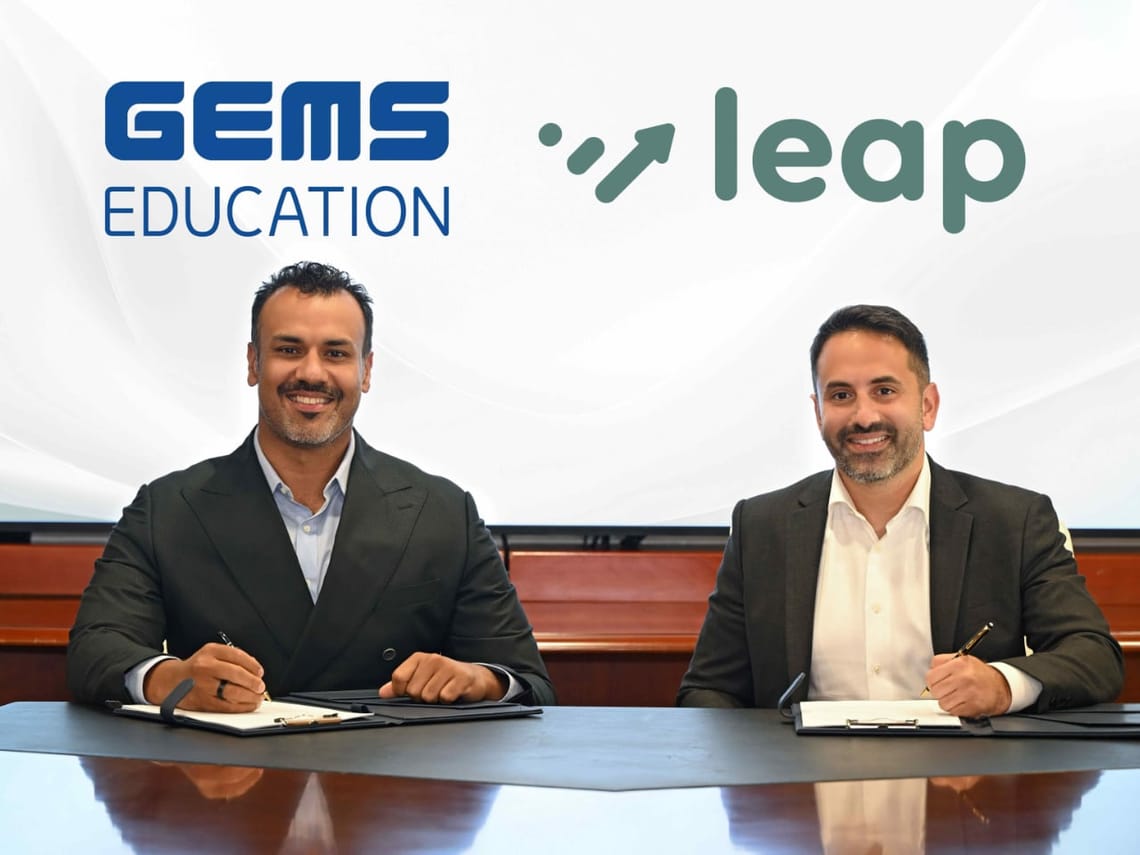

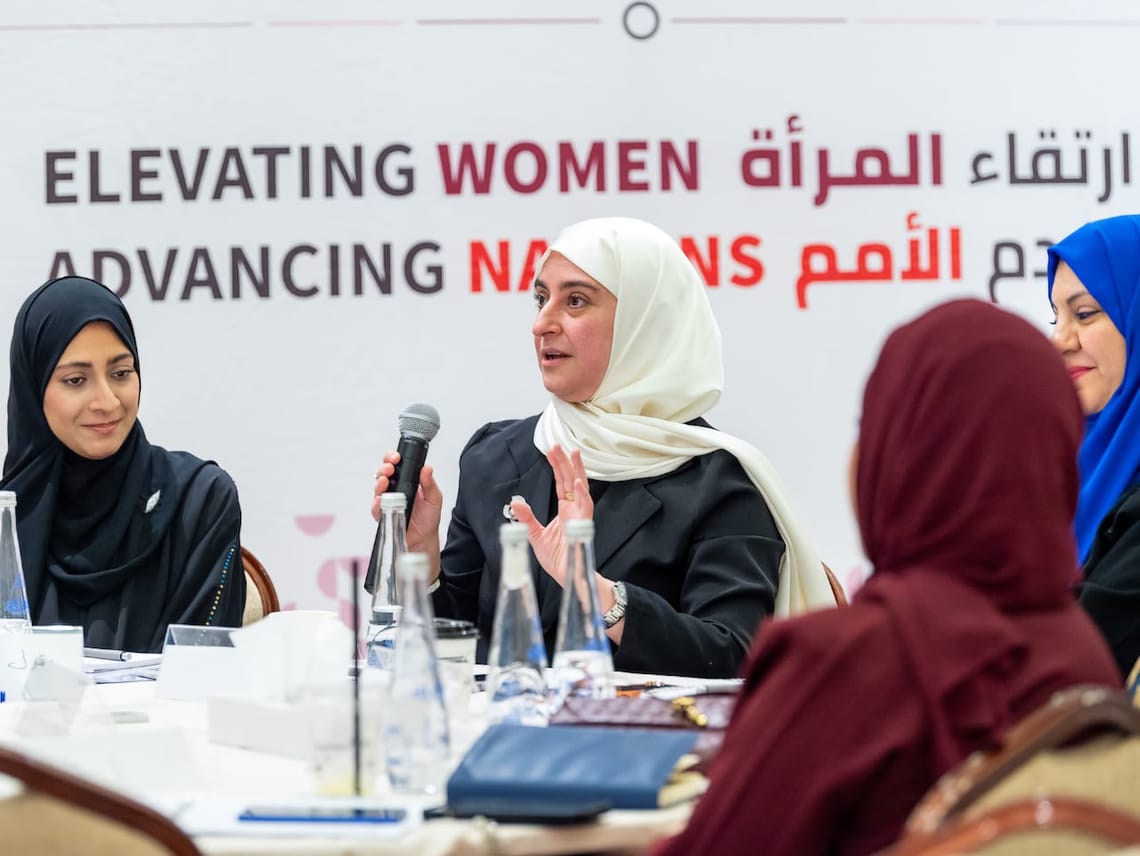

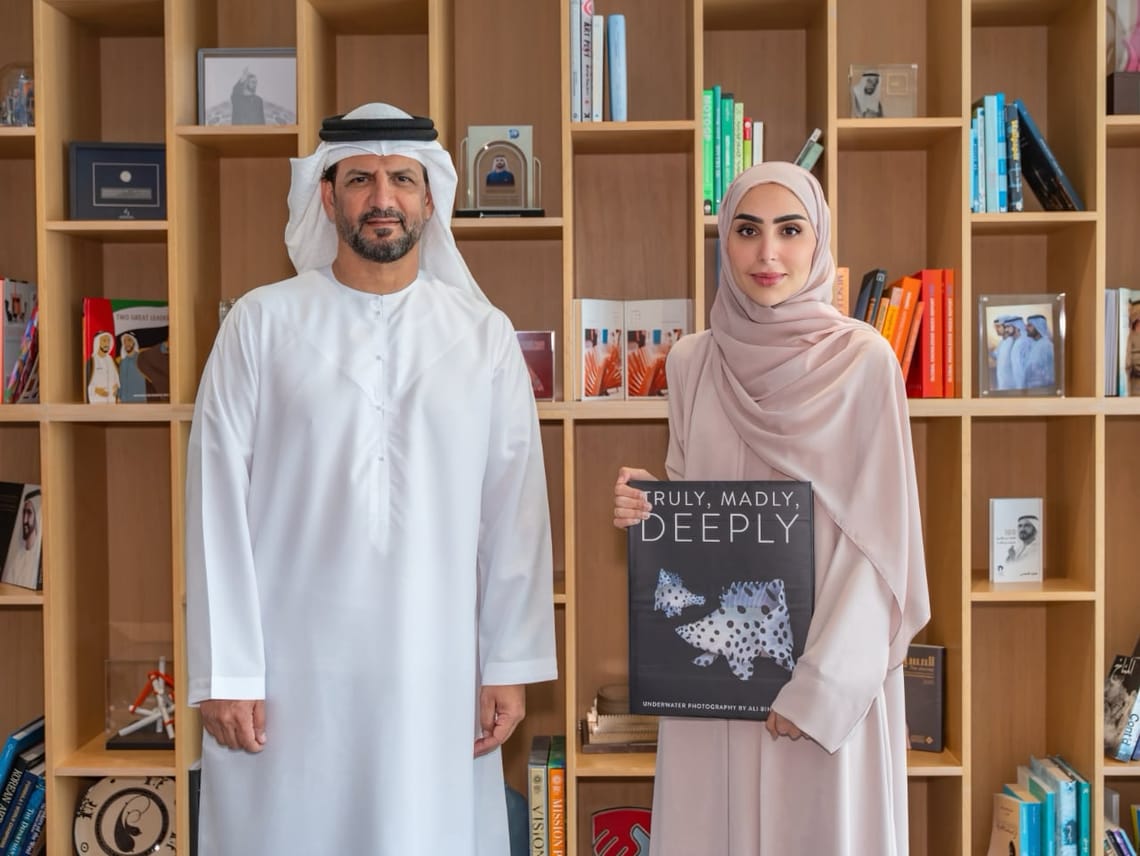

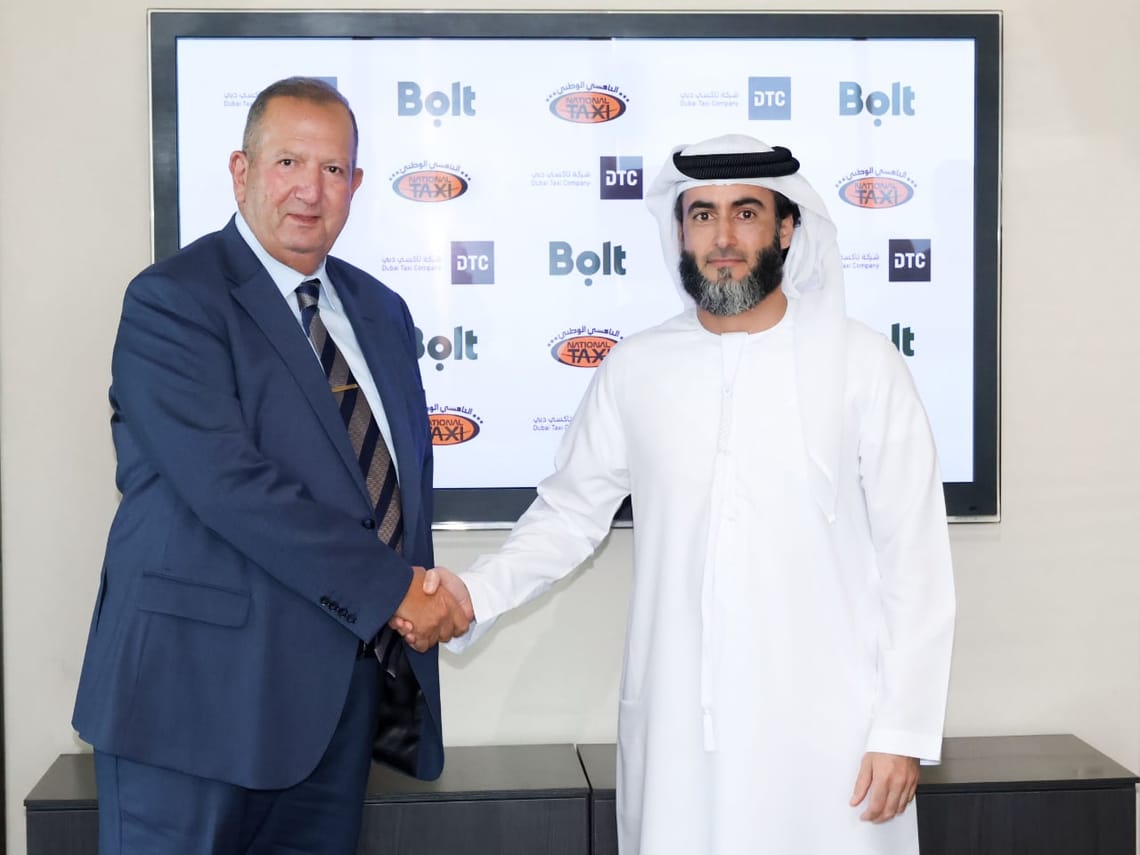



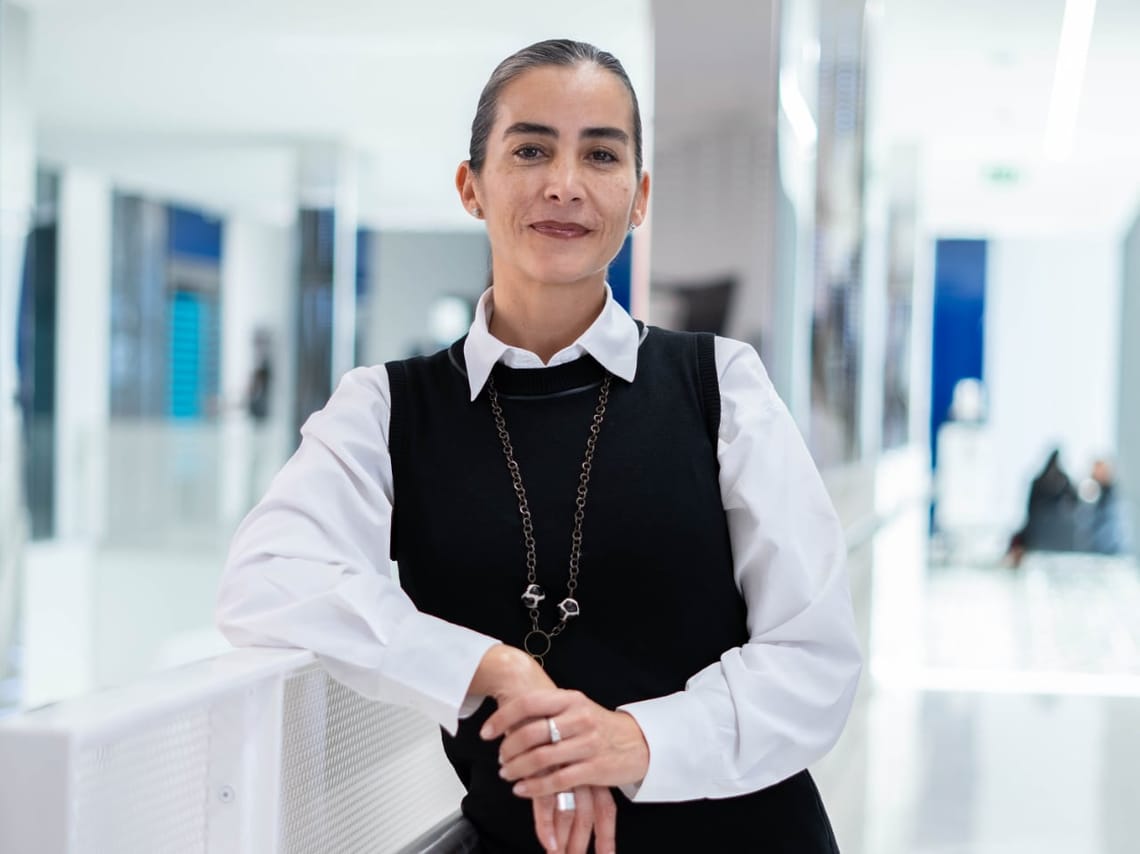
Member discussion